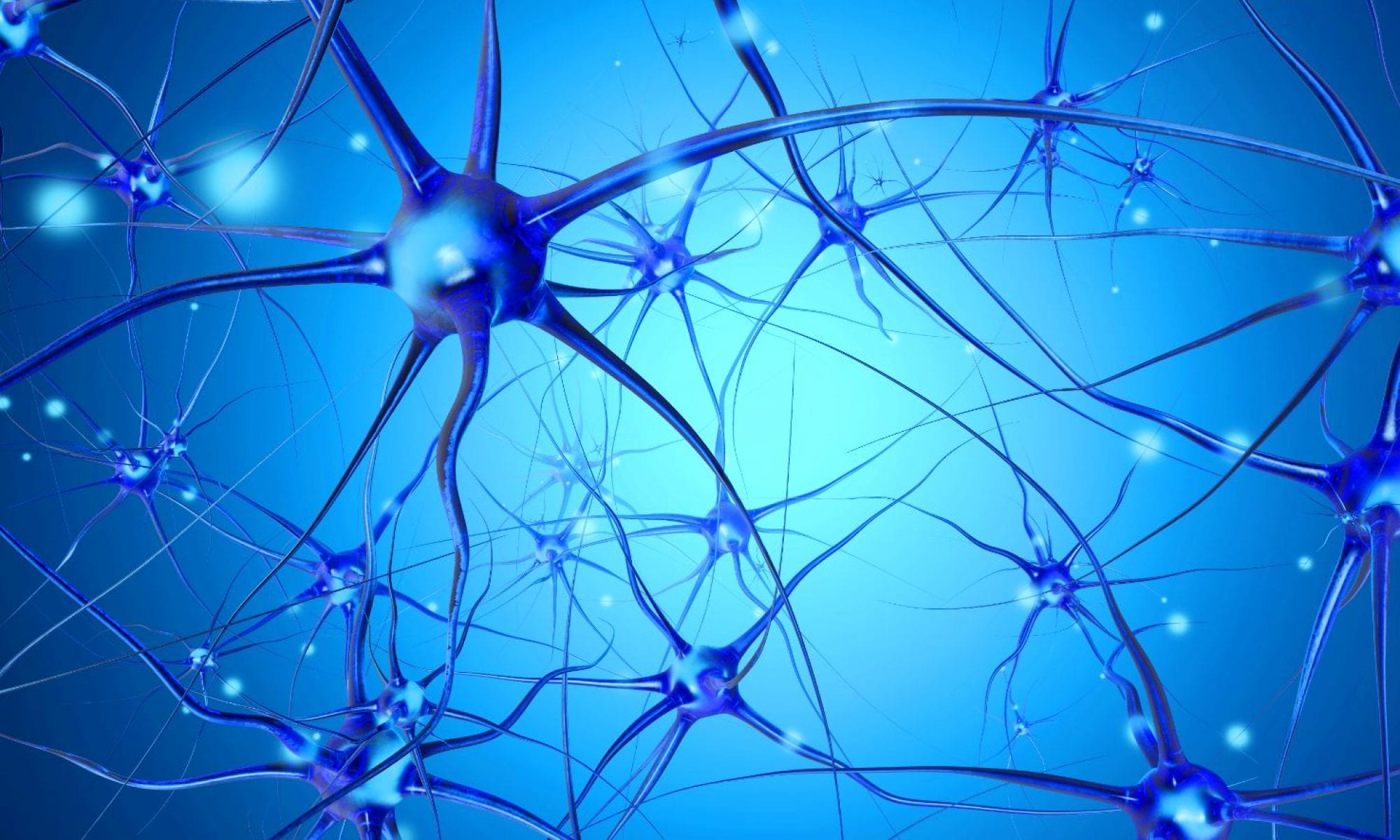Press release:
A research team led by scientists at Université de Montréal has developed a unique observational tool for assessing children up to 5 years of age who have had a concussion. The work is explained in a study published in the Journal of Head Trauma Rehabilitation.
Pediatric traumatic brain injury (TBI) is particularly prevalent in toddlers; they’re more likely to be injured because they have a lower sense of danger and are still developing physically. But parents and clinicians have trouble detecting symptoms of trauma, given the toddler’s limited verbal skills.
“A young child will not tell you that they have a headache or feel dizzy,” said Dominique Dupont, an UdeM postdoctoral student in neuropsychology and first author of the study.
“But assessing post-concussion symptoms is the cornerstone for patient management and follow-up,” she added. “Without documentation, it’s difficult to know whether they’re doing well or not.”
Continue reading “Head injury and concussion in toddlers: Early detection of symptoms is vital”